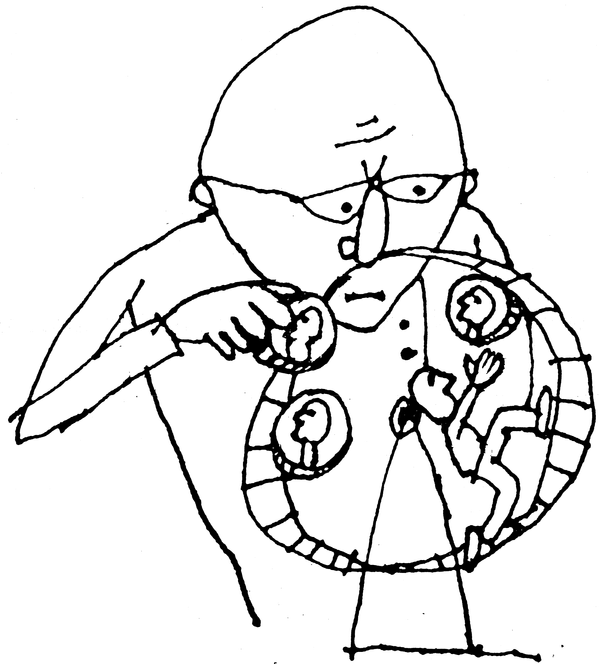In the 1960s, when anti-totalitarian intellectuals were focused on the threat posed by the Soviet Union and Maoist China, the Italian philosopher Augusto del Noce saw a different danger on the horizon. It stemmed not from the Marxist East, but from the liberal West. Rather than employing state terror, it would exert control through soft and indirect means. The society it would create would look less like George Orwell’s 1984 than Alduous Huxley’s Brave New World.
At the time, Del Noce’s claim was far from obvious. Today, it looks prophetic. Counter to what many expected, the Soviet Union collapsed in 1991. What came in its wake was not a new birth of freedom, but novel forms of domination: tech monopolies, media propaganda, pervasive surveillance, and the threat of mob cancellation. Del Noce is not as well known as Leo Strauss, Hannah Arendt, and Eric Voegelin, all of whom powerfully traced the origins of fascist and communist totalitarianism in the deepest currents of Western philosophy, but it is Del Noce’s analysis that possesses the greatest contemporary relevance. Anyone who seeks to understand the growing threat to human liberty and ordinary decency should be fervently consulting the recent translations of Del Noce’s works, The Crisis of Modernity and The Age of Secularization.
“The old definitions of right and left became obsolete.”
Augusto del Noce (1910-1989) was an Italian philosopher who acquired a considerable reputation in his home country while remaining relatively unknown in the Anglophone world. That has begun to change in recent years, thanks to the unflagging efforts of the mathematician and physicist Carlo Lancellotti, who has translated a number of Del Noce’s works into English, including most recently Del Noce’s major philosophical text, The Problem of Atheism.
